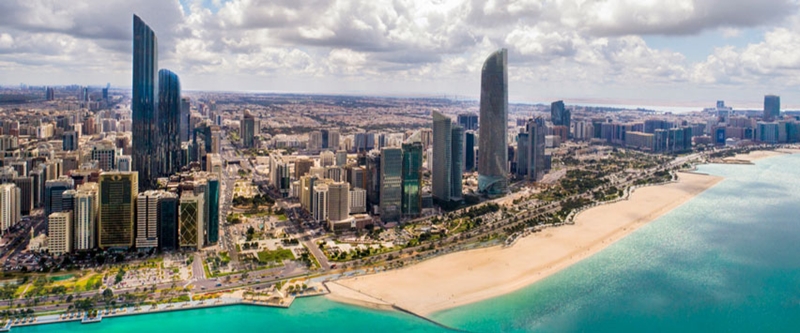
UAE embraces waste-to-energy
A wealthy population combined with a weak tradition of environmental awareness has put the UAE’s per capita rates of solid waste generation well above the global average.

A wealthy population combined with a weak tradition of environmental awareness has put the UAE’s per capita rates of solid waste generation well above the global average.
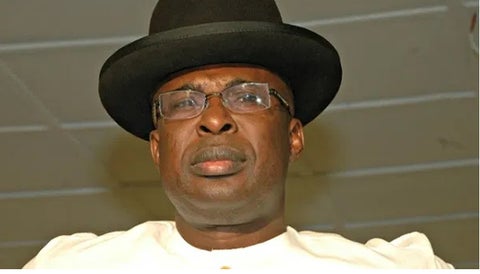
While speaking at the groundbreaking for the Rungas composite cylinder manufacturing plant in Alaro City Free Zone, Epe, the Minister of State for Petroleum Resources, Mr Timipre Sylva, urged Nigerians to disregard the increase, explaining that it was a mix-up.

Nissan Motor Co. Ltd has announced Guillaume Cartier as its new Chairperson for the Africa, Middle East, India, Europe and Oceania (AMIEO) region.
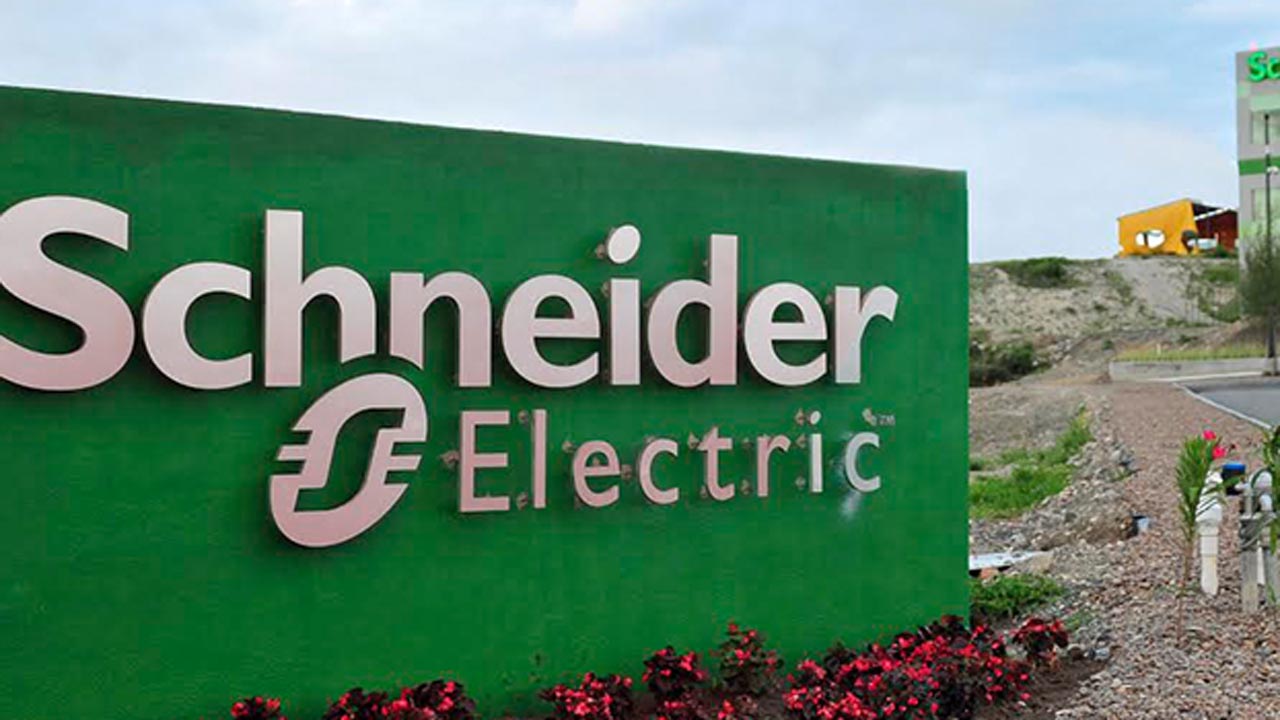
The six winning female Start-up Founders at the just-concluded Nigeria Digital Economy Summit (NDES) Accelerator Programme held in collaboration with Foresight Seeds Fund, a part of The Foresight Group, will receive some sponsorship and continued mentorship from Schneider Electric, Foresight Seeds Fund and other partners for the next twelve months to enable them to evolve into successful businesses.
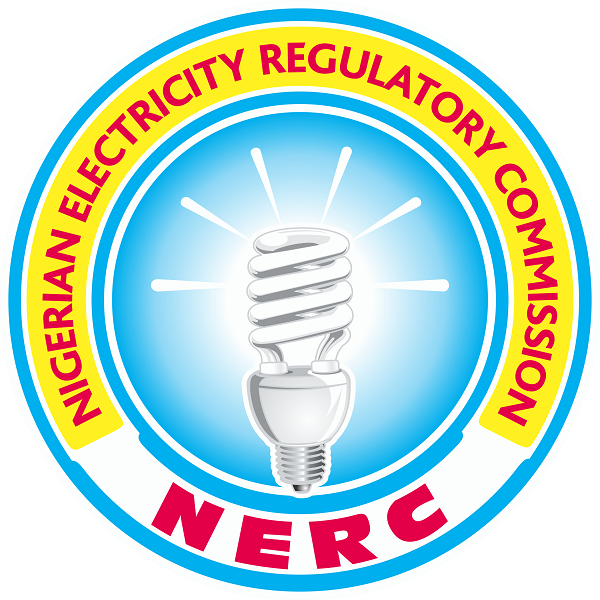
Under no circumstances should a customer be placed on estimated billing on account of the failure of a power distribution company to install a replacement meter, the Nigerian Electricity Regulatory Commission has said
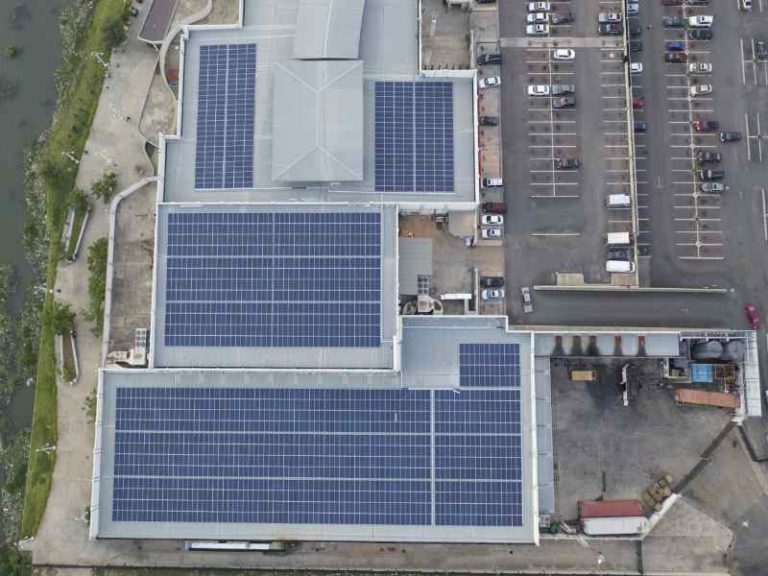
B&S Power Holding PTE, a global renewable energy and mining developer, engaged in renewable energy power plant design, development, financing, construction and operation, together with SunnyFred Global, a Nigerian investment entity, have concluded arrangements in collaboration with other stakeholders and technical partners, to design, develop, finance and construct Ashama solar power plant -West Africa’s largest solar photovoltaic farm- in Nigeria.
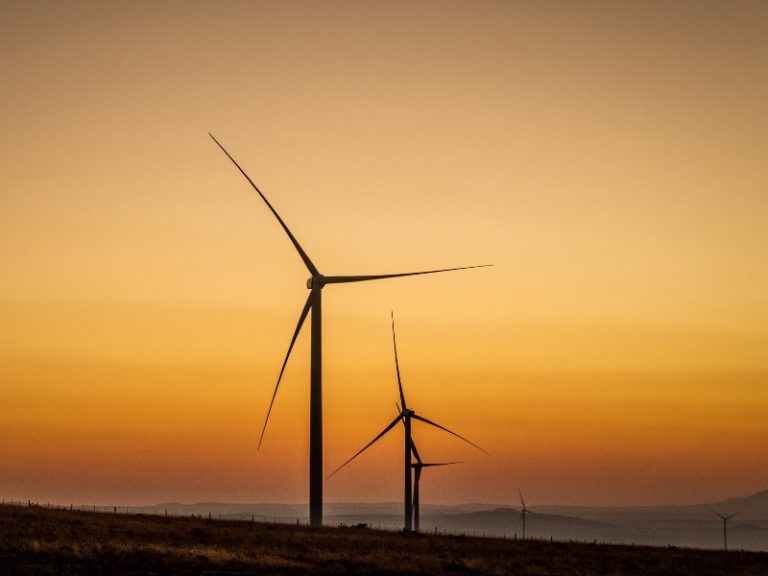
The latest data released by the Global Wind Energy Council (GWEC), Africa and the Middle East region installed 821MW of new wind power capacity in 2020, pushing total capacity in the region over 7GW.

Developed by the World Bank and launched in 2015 by the UN, World Bank and several governments, along with oil companies and development institutions, the Zero Routine Flaring initiative is designed to end an oil industry practice that has existed since oil production first began more than 150 years ago.